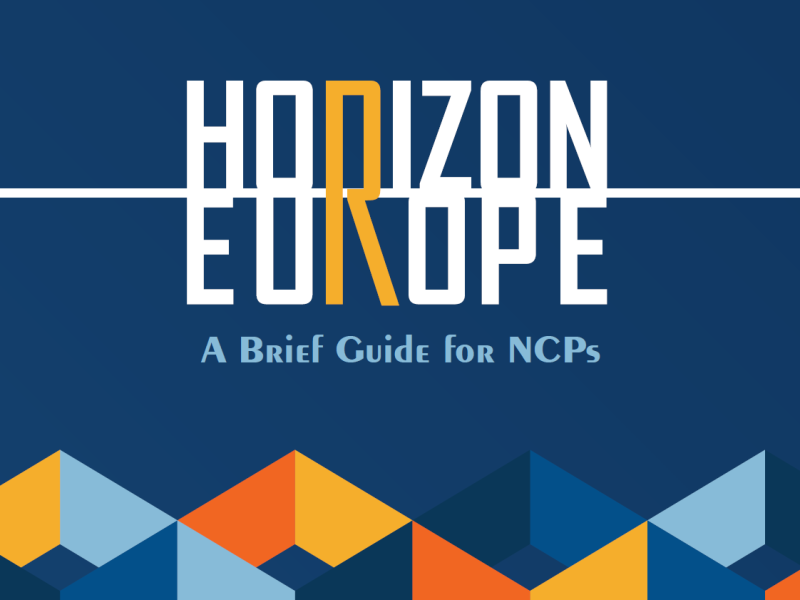Capacity Building of Research & Innovation National Contact Points in the Western Balkans

RCC successfully implemented the Capacity Building of Research & Innovation National Contact Points in the Western Balkans Programme between November 2021 and May 2022.
One of the priority actions of the Common Regional Market's Regional Innovation Area component is the Western Balkans Innovation and Research Platform.
The Platform aims at supporting, inter alia, the region’s economies full integration into the European Research Area (ERA).
The key instruments for implementing the ERA are the EU Framework Programmes for Research & Innovation (R&I).
Why support Research & Innovation National Contact Points?
The research & innovation National Contact Points (NCPs) play the key role in preparation and implementation of R&I projects funded by the EU.
NCPs provide valuable information and practical advice to potential applicants and beneficiaries in their languages.
In some cases, more experienced NCPs are rotated with less experienced NCPs which causes bottlenecks and lowers the quality of support provided to the R&I community.
This may lead to missed opportunities for the R&I community, in particular among modest innovation ecosystems as is the case in all Western Balkan economies.
In 2021, the NCP structures changed around the Western Balkans to reflect the needs of the new EU programming period.
Programme's key outputs
Out of 96 registered NCPs from Albania, Kosovo*, Montenegro, North Macedonia and Serbia, 64 NCPs participated in the Programme. New NCP structure from Bosnia and Herzegovina has not been appointed by the Programme's start and have not participated. However, useful materials are freely available on this website.
The Programme provided training designed to enhance the competence of less experienced NCPs in the Western Balkans. The three-module training offered valuable insights to NCPs. The lessons learned will allow them to provide hands-on support to research communities in the region.
The first module provided an overview of basic and extended information on Horizon Europe and individual grants: Marie Skłodowska-Curie Actions (MSCA) and European Research Council (ERC).
The second module focused on the rules for participation, mainly legal and financial rules, and grant agreement. A separate section of this module shared key insights into the role of NCPs.
The third module introduced the European Institute of Innovation and Technology (EIT) and EUREKA Network.
In addition, the hired experts have prepared Horizon Europe: A Brief Guide for NCPs.
 Its purpose is to assist the regions’ NCPs understand better the EU’s research and innovation €95.5 billion programme.
Its purpose is to assist the regions’ NCPs understand better the EU’s research and innovation €95.5 billion programme.
The guide offers an overview of Horizon Europe’s structure, its strategic guidelines, programme objectives, and the allocated budget.
Also, the experts offered mentoring support to NCPs in the region after the training.
Finally, they prepared a set of recommendations to encourage regional cooperation and know-how sharing among NCPs.
Conclusions
Out of 64 participants, 94% found the training useful, while 88% considered the content relevant for their daily work.
The RCC intends to continue supporting NCPs alongside Research Managers and Administrators (RMAs) in 2022.
The focus will be on more specific topics such as dissecting application form (Part A and B), trainings on Pillar 2 and Cluster 5, financial rules, EIC and joint doctorates under MSCA.
